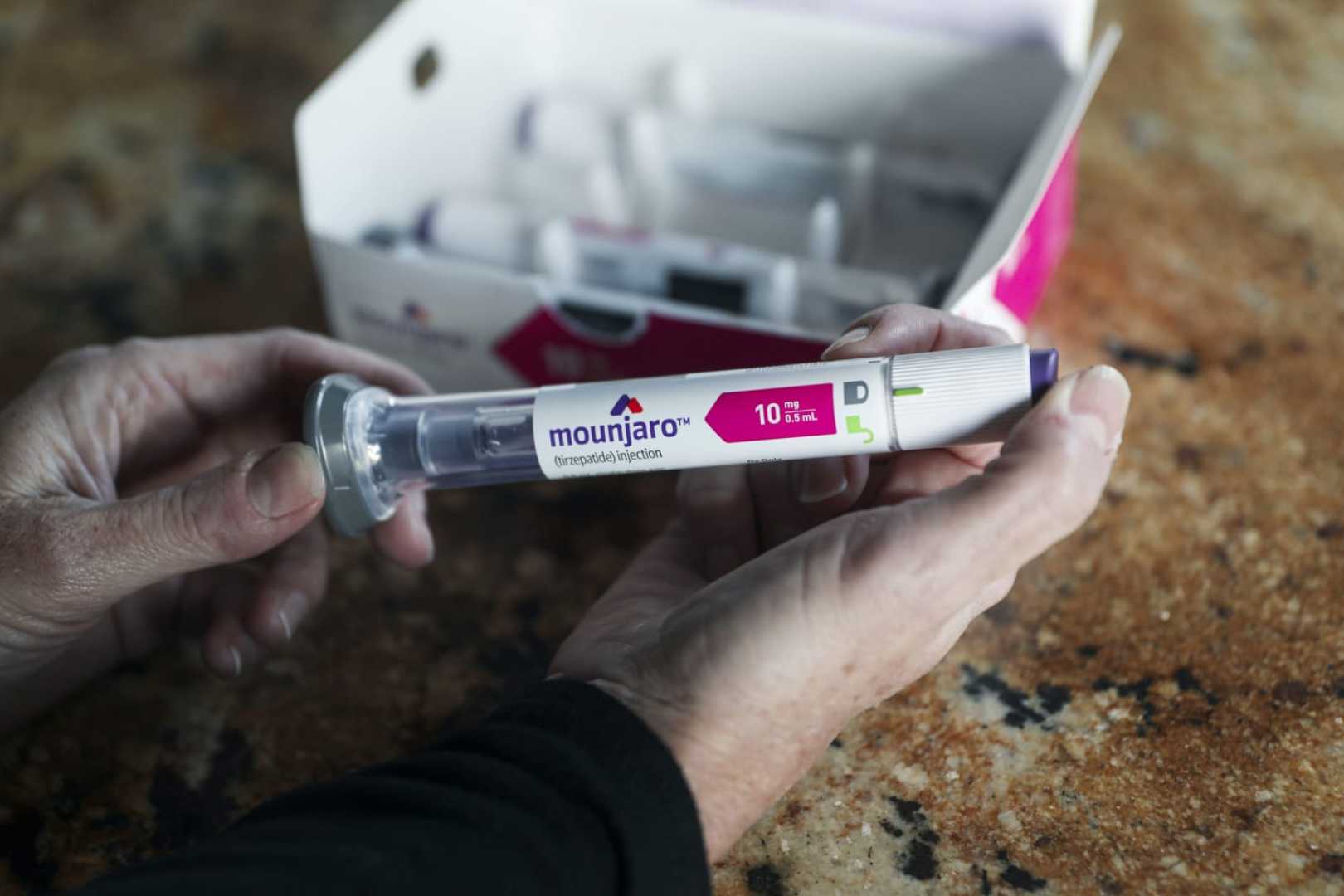Health
Experts Weigh In on Tirzepatide Safety Following UK Death Linked to the Drug

Following the recent death of Susan McGowan in the UK, which has been linked to the use of tirzepatide (Mounjaro), medical experts have come forward to discuss the risks and benefits of the drug. Tirzepatide, used in the treatment of type 2 diabetes and obesity, has been under scrutiny due to this isolated incident.
Professor Naveed Sattar of the University of Glasgow emphasized the importance of high-quality evidence from randomized controlled trials. He noted that data from trials involving around 10,000 patients have not indicated a higher risk of pancreatitis associated with tirzepatide. Instead, these trials have shown significant benefits, including substantial weight loss, diabetes prevention, and improvements in sleep apnea and heart failure. Prof. Sattar highlighted that ongoing trials involving nearly 30,000 patients will provide further insights into the drug’s safety and efficacy over the next few years.
Amanda Adler, Professor of Diabetic Medicine and Health Policy at the University of Oxford, also commented on the extensive research behind tirzepatide. She pointed out that the FDA required large-scale studies, which have demonstrated the drug’s safety when used as intended. Adler mentioned that another similar drug, semaglutide (Wegovy), has been shown to reduce the risk of heart attacks and strokes. She acknowledged the sadness of Susan McGowan’s death but noted that determining whether it was directly related to tirzepatide may be challenging. Adler also highlighted common and uncommon side effects associated with tirzepatide, including nausea, diarrhea, and acute pancreatitis, and stressed the importance of the UK’s ‘yellow card scheme’ for reporting suspected side effects.
Both experts underscored the need for continued vigilance and thorough evaluation of all available evidence to ensure the safe use of tirzepatide. Despite the tragic individual case, the existing body of evidence supports the drug’s benefits for many patients, particularly those with obesity and related health issues.












